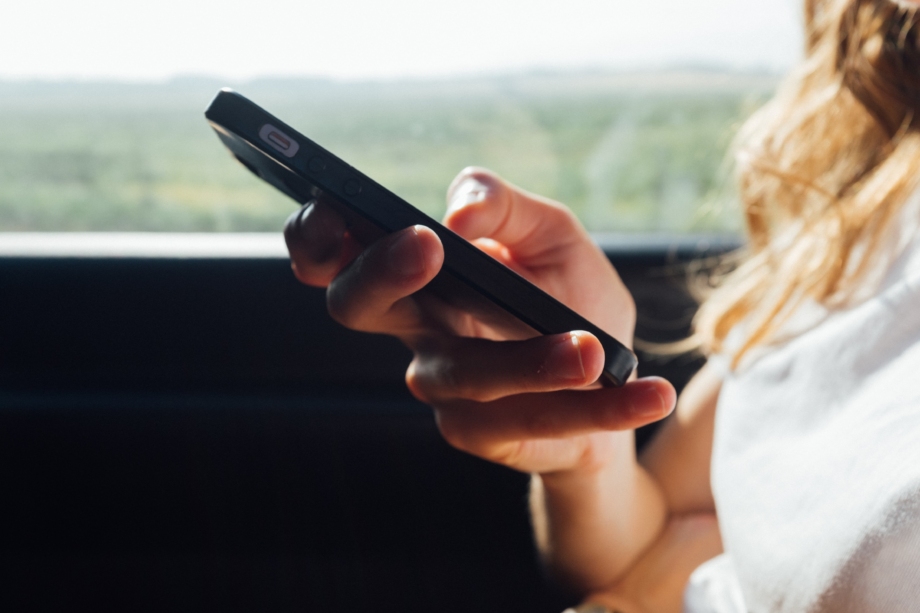What is Image-Based Abuse?
Image-based abuse happens when someone shares or threatens to share private images or videos of you without your consent. This type of abuse is often part of domestic, family, and sexual violence.
In Australia, sharing intimate photos without consent or using images to blackmail someone is against the law. You can report these actions to the police and the eSafety Commissioner.
Image-based abuse is a serious issue because it invades your privacy and can cause significant harm. Understanding this type of abuse is important to protect yourself and others. By knowing your rights and seeking support, you can regain control and ensure your safety.
Under Australian law
- You have the right to privacy and safety.
- Image-based abuse is never your fault.
- Help is available, and you are not alone.
Forms of Image-Based Abuse
Image-based abuse can take many forms. Here are some examples:
- Sharing Intimate Photos Without Consent: Posting or sending private photos or videos of you without your permission.
- Threatening to Share Images: Using the threat of sharing private images to control or scare you.
- Cultural or Religious Shaming: Sharing photos that misrepresent your cultural or religious practices without your consent.
- Editing Images: Altering photos to misrepresent you and then sharing them.
- Using Images for Blackmail: Demanding money or favours in exchange for not sharing the images.
- Distributing Images Widely: Sharing private images on social media or other online platforms.
Non-Consensual Pornography
Non-consensual pornography, also known as "revenge porn," is when someone shares or threatens to share explicit images or videos of you without your consent. This is a severe form of image-based abuse and can have devastating effects on your mental and emotional well-being.


